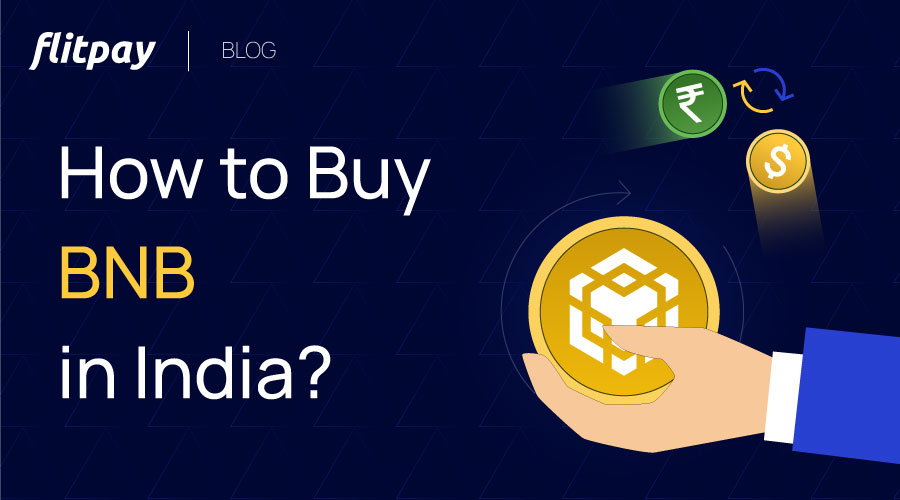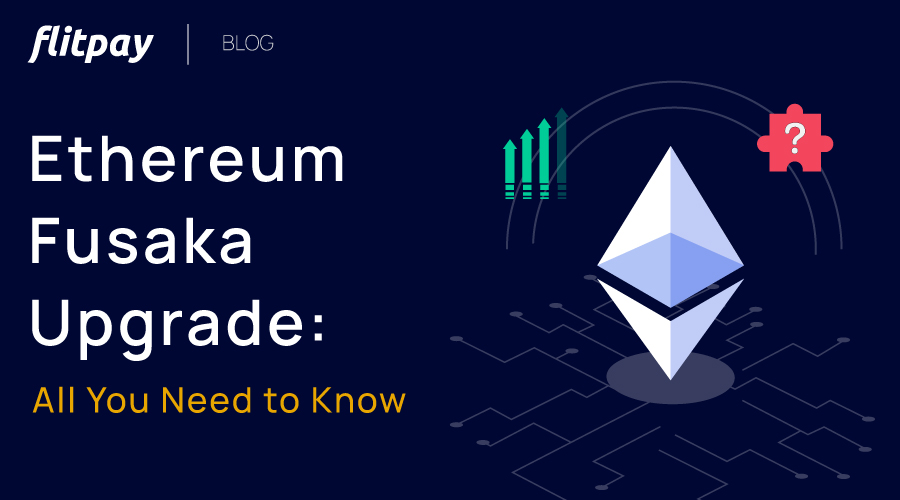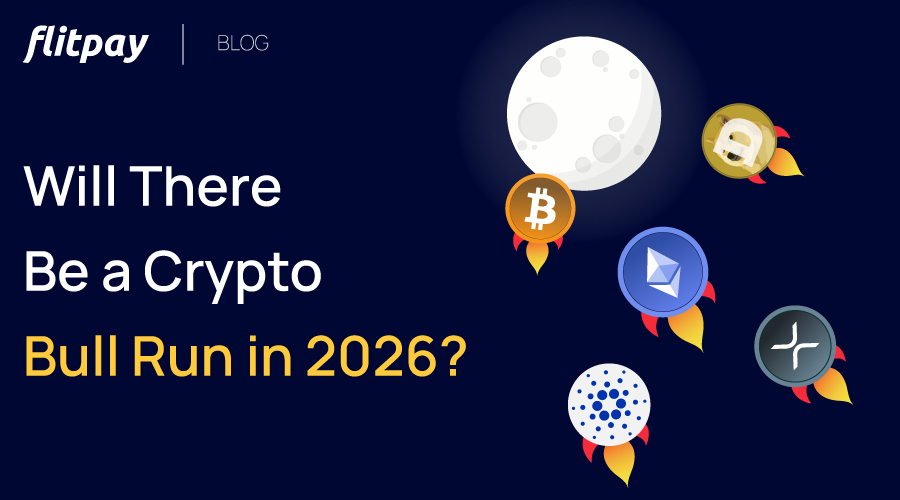Solana is a trending currency of 2022. It is one of the very few cryptocurrencies that were able to make their unique identity in the crypto market with Bitcoin and Ethereum dominance. It is often called the “Ethereum killer” in the crypto industry.
If you are a crypto trader or investor and do not live under a rock, there is no chance you would not have heard about this currency.
Since Solana has created so much hype already, you must know it inside out, and this blog will greatly help.
What is Solana (SOL)?
Solana (SOL) is the platform cryptocurrency of the Solana platform.
Solana platform provides an infrastructure to developers for building scalable decentralized applications (dApps). It uses a proof of stake consensus mechanism with a unique approach called “proof of history”. This approach makes the Solana network highly scalable, fast, and secure.
SOL tokens have the following utilities in the Solana network-
- Users can pay the transaction fees on the Solana platform through SOL tokens.
- If they want to run smart contracts in their dApps powered by the Solana network, its fee is also payable in SOL tokens.
- Solana users can also stake these SOL tokens to become validators in the Proof of Stake consensus mechanism. Through it, they can win rewards for verifying transactions.
- Holders of SOL tokens also get the right to vote for governance decisions in the Solana network. The more SOL tokens you hold, the greater the weight of your opinion in the Solana network.
The demand for SOL directly depends on the usage and popularity of the Solana network. If more dApps and developers prefer the Solana network to build applications, it ultimately boosts the demand for SOL tokens in the crypto space.
A significant thing about SOL is that it has an inflationary token mechanism instead of a fixed maximum supply. It means that the supply of SOL grows at a predetermined rate. Solana network balances the increasing supply with the crypto-burning mechanism when it burns SOL tokens (sends them to an unredeemable address) to maintain the demand.
What makes Solana special?
Solana claims to be capable of processing 50,000 transactions per second. It is approximately 10,000 times faster than bitcoin and 4000 times faster than Ethereum. This big difference in transaction speed gives an edge to Solana over its two biggest competitors, Cardano (ADA) and Ethereum (ETH).
Solana can do so due to its Proof of History feature. Proof of History involves a special algorithm that puts a time stamp on each new block coming into the Solana ecosystem. This timestamping procedure helps to prove that a specific transaction occurred before or after an event.
Proof of history helps to keep track of the order in which on-chain transactions in a blockchain take place in Solana. So that when Solana validators verify the transactions, they can save time in confirming the order of transactions. This way, it significantly reduces the transaction processing time and completes many transactions simultaneously.
Other blockchain nodes have to coordinate to verify the transaction order. But Solana nodes do not spend time coordinating and processing the transactions faster. Hence, no network congestion occurs to slow down the transaction time, and Solana can process transitions at a low fee of $0.00025 per transaction.
It is an achievement for the Solana network because it boosted scalability without introducing blockchain layers or sharding in its network.
Solana Consensus Mechanism
Solana works on the Proof of Stake consensus mechanism (PoS). Network participants stake their SOL tokens to become a validator. These validators secure the network and verify its transactions. In return, they earn new SOL tokens and other prefixed rewards. Anyone in the Solana network who owns SOL can participate to become a validator. Still, those who stake more SOL tokens get more weightage and priority.
Solana v/s Ethereum
Both Solana and Ethereum offer similar services in decentralized technology. That’s why there are competitors of each other, and Solana is called an “Ethereum killer”.
They operate on PoS consensus protocol, where only a few users can participate. Therefore, crypto experts often blame them for being less decentralized than Bitcoin, as only a few participants get the rights.
Solana is better than Ethereum in terms of transaction speed and fees. However, Ethereum has had a better position and market cap for years. It is still the most preferred platform for dApp developers.
Many crypto experts believe Solana is better than Ethereum but taking over Ethereum is difficult for Solana. Both cryptocurrencies have multiple development plans and upgrades for the upcoming time. Thus, only time will tell which will be the best dApp platform.
Origin of Solana
Solana Labs, headed by Anatoly Yakovenko, founded Solana in 2017 and focuses on building a highly scalable, secure, and maximum decentralized platform for dApps and smart contracts. It was launched through an ICO and managed to raise $25 million. The SOL token launch on the main net took place in March 2020. It is currently one of the top 15 largest cryptocurrencies by market capitalization. Its price increased nearly 16000% in 2021 when it hit ATH of $216 on September 9, 2021, amid the skyrocketing popularity of DeFi, NFTs, and dApps.
However, like other cryptocurrencies, Solana could not avoid the blood bath coming in the bear market this year. As a result, it is currently trading at over 93% lower ($15) than its ATH price at the time of writing.
Problems associated with Solana
Solana is one of the fastest blockchains of its type. However, it still has some shortcomings causing it to face severe backlashes:
- Solana raised almost $300 million from private investors. One of these investors was the FTX crypto exchange which recently went bankrupt. FTX owns a high number of SOL tokens which it might dump in the market and can hugely decline the price of SOL.
- Solana keeps suffering from partial and even complete outrages. Its network gets halted for hours and even days during these outrages. A key reason behind such frequent issues might be that the Solana network is incapable of meeting extraordinary growth. Notably, during or after most network outages, SOL prices go down significantly.
- Another problem associated with SOL is its less decentralized nature. The number of validators in the Solana network is very few compared to Ethereum. The fewer the number of validators, the less decentralized a network is.
- Solana has many competitors in the crypto industry, making it challenging to emerge as the best of its type. However, Solana can dethrone its competitors if it continues to undergo continuous advancements and upgrades.
Conclusion
Solana is the fastest cryptocurrency in the crypto industry so far. With the help of the proof of history feature, Solana took the speed of processing transactions to another level. However, the excellent transaction speed of Solana lowers its decentralized nature. The frequent outrages and halting of the Solana network are also some of its significant issues. But it is still a promising cryptocurrency for investing.





